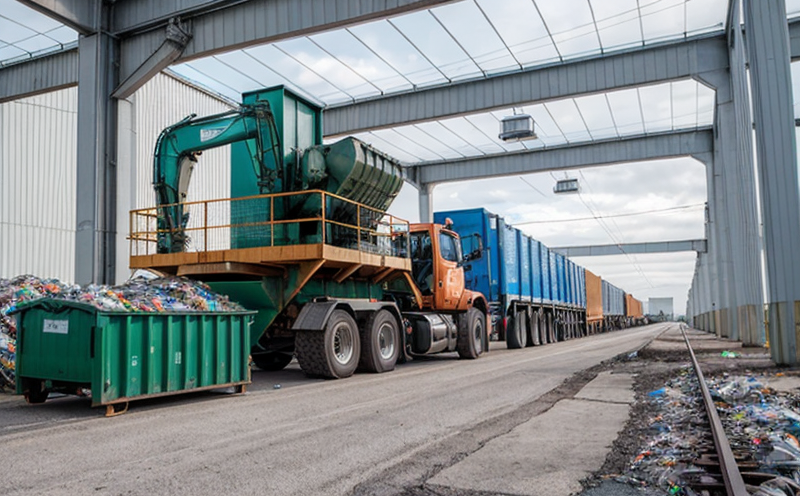ASTM D7807 Waste Derived Fuel Recycling Testing
The ASTM D7807 standard provides a comprehensive framework for testing waste-derived fuels (WDFs), which are produced by recycling and reprocessing waste materials into fuel sources. This service is essential in the industrial manufacturing and processing sectors, particularly within the circular economy, where sustainability and efficiency are critical.
ASTM D7807 focuses on ensuring that WDF meets certain quality parameters that make it suitable for use as a fuel substitute or blended with conventional fuels. The test evaluates properties such as calorific value, ash content, moisture level, volatile matter, and homogeneity of the fuel blend.
The process starts with careful sampling and preparation of the waste-derived fuel specimens in accordance with ASTM D7807 guidelines. Once prepared, these samples undergo a series of tests to determine their suitability for recycling into fuels. The results are then compared against the specified criteria outlined in the standard to ensure compliance.
By adhering strictly to ASTM D7807, industries can enhance their processes by ensuring that recycled materials are effectively converted into high-quality fuel products. This not only reduces waste but also promotes environmental sustainability and operational efficiency.
The testing procedure is intricate yet crucial for maintaining the integrity of the circular economy within industrial settings. It ensures that every step from raw material to final product adheres to stringent quality standards, thereby fostering trust among stakeholders and enhancing market competitiveness.
Applied Standards
| Standard | Description |
|---|---|
| ASTM D7807-19 | This standard covers the determination of physical and chemical properties of waste-derived fuels intended for use as alternative fuel. |
| ASTM D5686-23 | A procedure for the determination of calorific value by bomb calorimeter. |
Why Choose This Test
- Comprehensive evaluation of waste-derived fuel properties ensuring compliance with international standards.
- Promotes sustainable practices by reusing industrial waste materials as fuel sources.
- Aids in achieving regulatory compliance and reducing environmental impact.
- Enhances the quality of recycled fuels through detailed testing procedures.
Competitive Advantage and Market Impact
- Provides a clear competitive edge by ensuring superior fuel quality, which can lead to better performance in engines.
- Supports the development of circular economy initiatives within industrial manufacturing processes.
- Aids in meeting stringent regulatory requirements and certifications that are essential for market entry and expansion.





